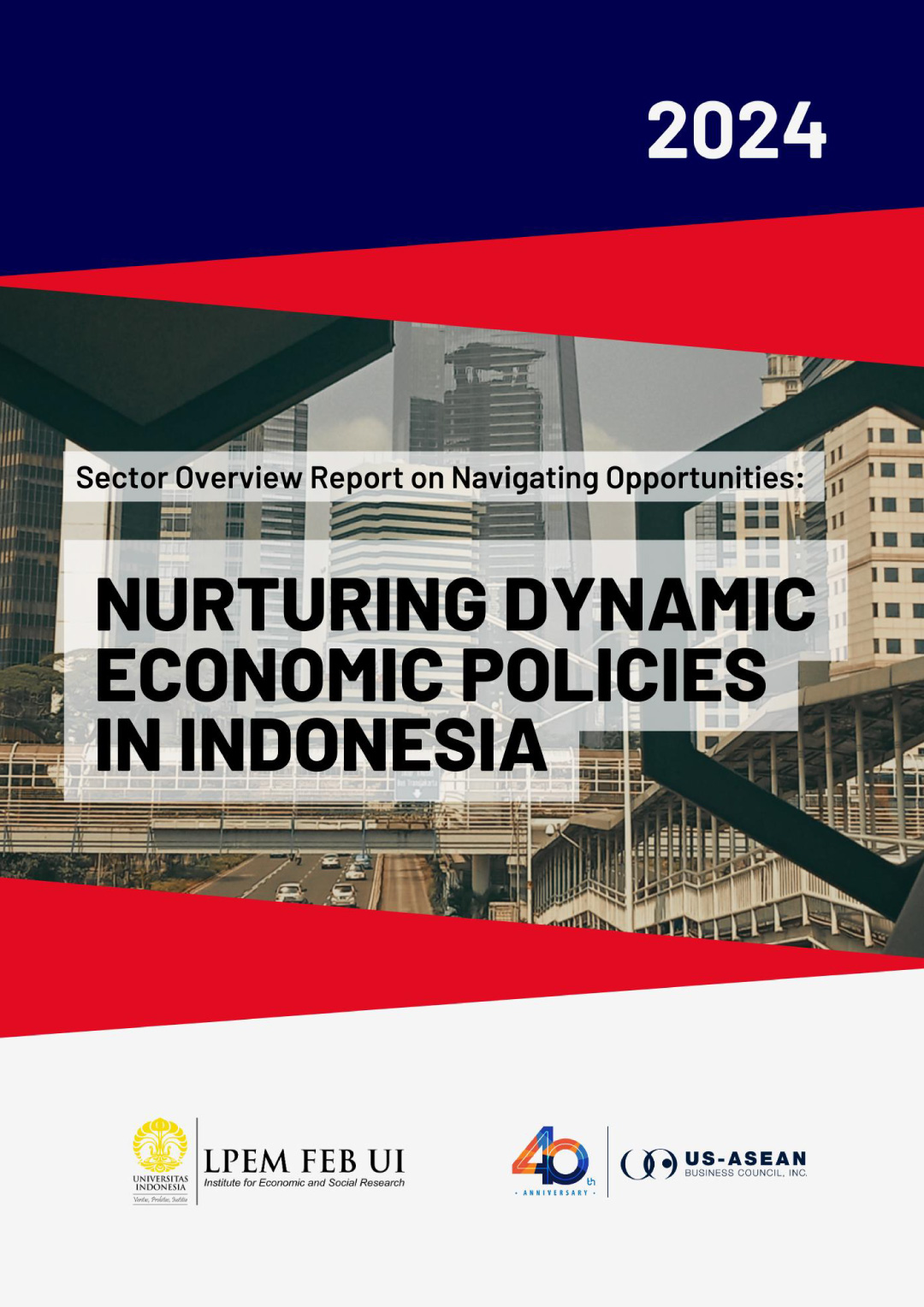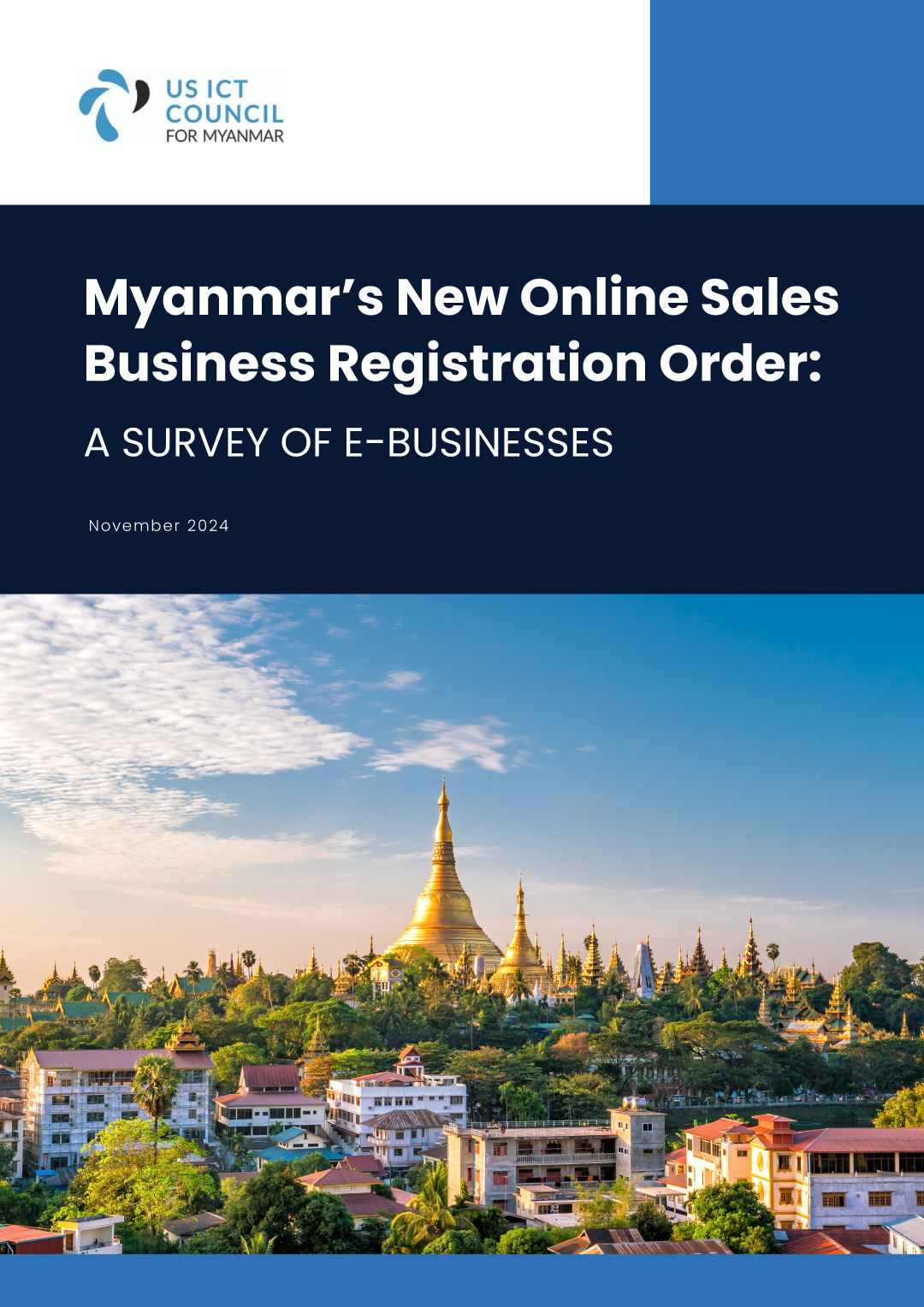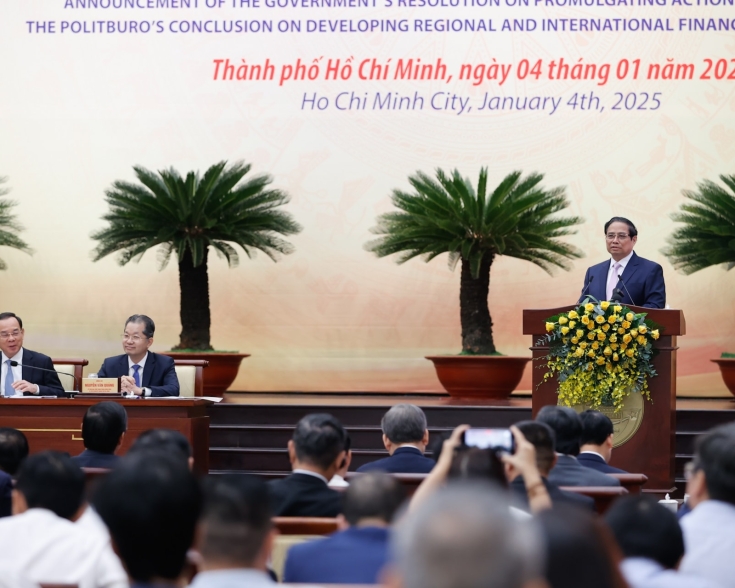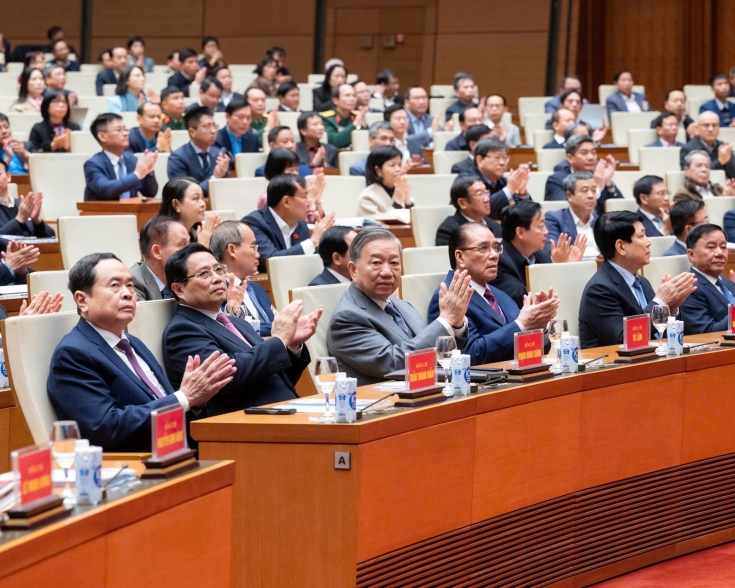Crypto Regulations Tightened Up in ASEAN Member States

After a period of falling prices and fraud scandals, the global crypto market has rebounded, reaching new highs in April 2024. ASEAN governments swiftly issued policy and regulatory responses, with Singaporeexpanding its crypto regulations to cover token custody and more transfer firms to develop an institutional industry hub. The changes to the Payment Services Act have been applied gradually from April 4, imposing user protection and financial stability-related requirements.
In March, Indonesia Financial Services Authority (OJK), Bank Negara Malaysia (BNM), and Monetary Authority Singapore (MAS) teamed up to draft a Memorandum of Understanding to establish a solid framework for crypto policy in collaboration with Virtual Asset Regulatory Authority Dubai. This international collaboration among central banks aims to establish a solid framework for crypto policy, happening in parallel to several national regulatory upgrades, as listed below:
Indonesia has issued OJK Regulation 3/2024 on Technological Innovation Management for Finance which will also apply to cryptocurrency. Effective from January 2025, this rule will guide financial industry players in the use of technology innovation to operate digitally and develop products. Vietnam plans to develop a cryptocurrency regulation by May 2025 to address risks such as money laundering and data security. Meanwhile, Thailand banned the sale of cryptocurrency lending products. However, in March 2024, Thailand allowed asset management firms to launch private funds to offer bitcoin exchange-traded funds (ETFs) to institutional and ultra-high-net investors.









